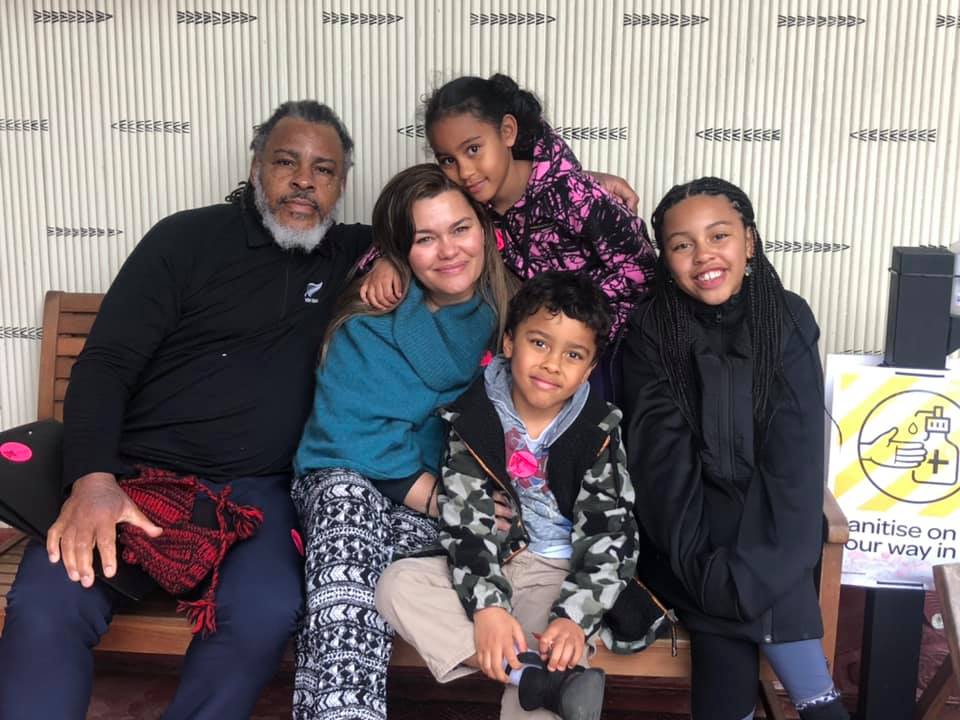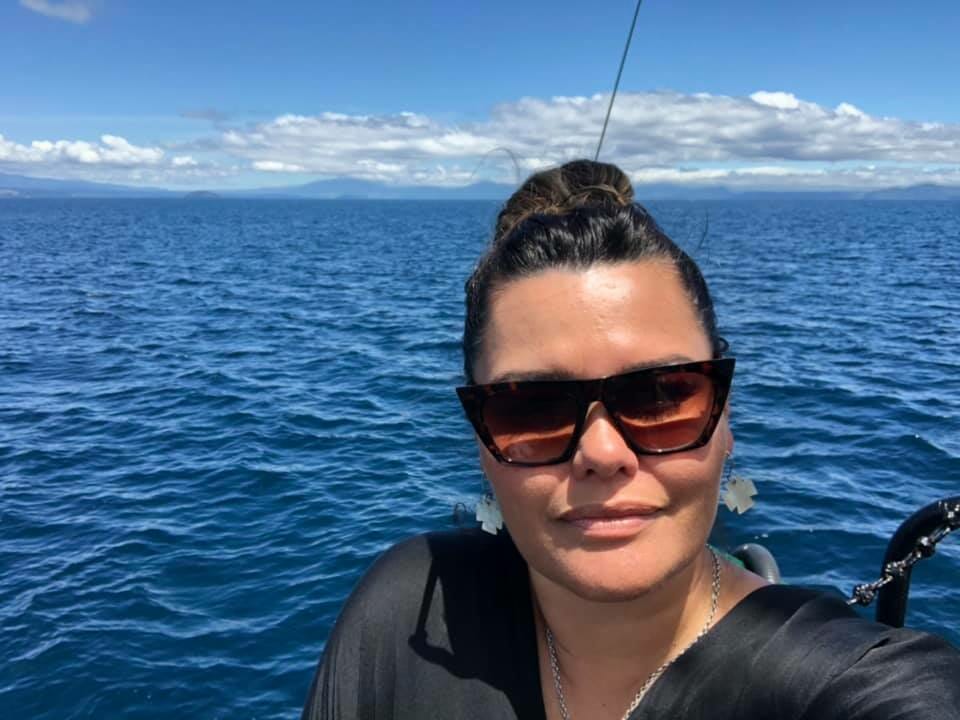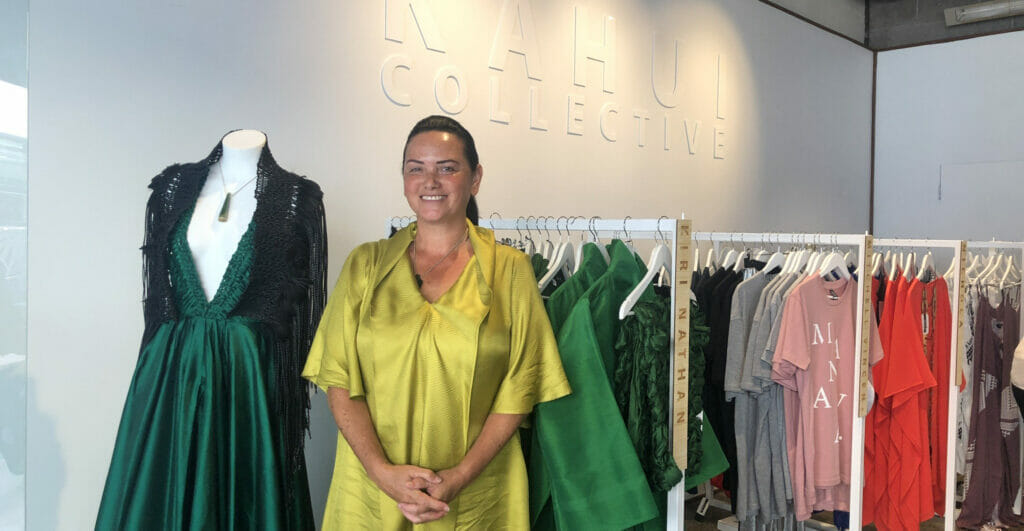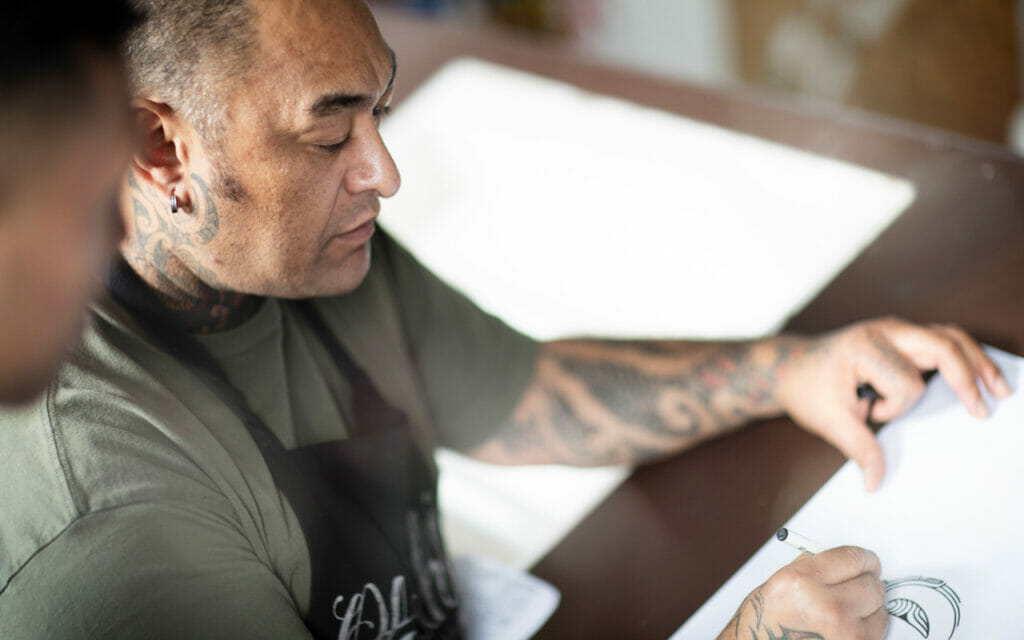
Tell us about HTK Group and the values that underpin your mission? What can other New Zealand businesses & entrepreneurs learn from this approach?
HTK Group exists to work with Māori and indigenous groups to help them grow their business potential, whānau prosperity and economic wealth. We offer a range of services, including strategy planning and advice, project management, business continuity planning, enterprise start-up, broader mentoring and advice, and more.
HTK Group is a values based organisation, and our community can expect our organisation to follow certain core values and principles:
- Whanaungatanga – we work with our people, for our people, and by our people
- Manaakitanga – we foster and nurture strong and meaningful relationships
- Rangatiratanga – we build prosperous and sustainable futures
- Tuturu – we are open, honest and trustworthy
- Tohatoha – we value reciprocity
- Aroha – we are passionate about the success of our people
- Te Tiriti – we value the principles of Te Tiriti
What is also important is what we expect from our team internally – it’s important for us that these values aren’t just stuffed in a draw. We have therefore framed up internal principles to ensure that what is expected externally, is possible within the team.
- He waka eke noa: We are all on the same boat, and unified. This ensures that when we engage with externals we are unified in our approach.
- Purpose: what we are trying to achieve through our purpose, is larger than the individual. This acknowledges that while we are strong individually, we are stronger when we work as a team.
Whether an entrepreneur new to the world of business or a more established organisation, having this awhi (support) from a collective of diverse talented kaimahi (staff) committed to the kaupapa (purpose) will lead to a business growing authentically.
Part of your mission is to encourage Māori and indigenous entrepreneurs to think about going global from day 1. How can our business support ecosystem best support businesses to do this?
Focus on the long-run, not the short-run. This leads back to our values and culture. Māori tend to think holistically – instead of thinking what the next couple of years will be like, we ask ourselves what we want the next hundred years to be like for our families and for our people.
It’s all good to go global, but in terms of how you go about it, you have to ensure you do it in a way that ensures long-term longevity.
Your Tu Matahiko – Digital Enablement and Capability Program serves to empower Māori businesses on their path to digitisation – why is this a priority for HTK Group?
It’s about the fact that there is a divide between mainstream business and Māori business. As there has been a lot of movement and activity over the last 30 years, it’s been difficult for Māori business and communities to work quickly to adapt. We have a responsibility to provide a lot more access to business if we have that knowledge base. We have a team of highly talented individuals with this knowledge, and now it’s about leveraging our own experiences, on top of the networks we have, to bring our people up to speed to close that divide.
This will ensure there is a level playing field, and that Māori businesses have the right foundation to get the right advice, not only from an operational standpoint (i.e. legal and accounting), but also around how to utilise the latest technology to build efficiencies.
What are key things you think businesses need to do to go digital?
Businesses need to think in two spaces:
- Think of going digital as a way to optimise existing systems
- Think of going digital as a way to transform – implementing emerging technology to further efficiencies.
On top of optimisation and transformation, lies a challenge around access. We need to provide access, which is an opportunity for communities like HTK and Kea to open new conversations and avenues for expert advice and guidance.
What do you see as key opportunities for Māori businesses? Are there any trends that you see from the entrepreneurs and businesses you’re working with day-to-day?
Due to our culture and the values embedded within, Māori businesses have a lot of opportunity to build long-term successes and grow lasting relationships that will ensure their success.
Māori businesses are smart as they look at things holistically (as above). We don’t approach situations or decision-making in a linear way. This isn’t specific to Māori, lots of other cultures think holistically too, and focus on the collective as opposed to the individual.
The fact that we think holistically and focus on long-term output means we aren’t transactional in our dealings with others. We focus on relationships, and working together to ensure that the success of our people is at the core of how we live and conduct business.
Another aspect is the fact we have generations who have been in labour intensive industries, we have a huge opportunity to incorporate technology to solve problems that our people had to do manually. Utilise the wealth and knowledge that Māori groups have had in the sectors they have been prominent in over the last 50-100 years, and apply technology. When we have this solution to solve a relatable pain-point, then they can take this solution to the world.
Can you share a success story with us?
One passionate entrepreneur we worked with recently was Sonia McManus (Ngāi Tahu) who creates sustainable jewellery.
Sonia’s business, Sonia Therese Design, has grown organically over the past six years through whakawhanaungatanga (building relationships with others) and the stories her beautiful pieces tell. However, like most businesses across the motu (country), she too was impacted by Covid-19. 2020 highlighted the need to solidify her digital presence and ensure she had a robust website to better support the ongoing growth of her business.
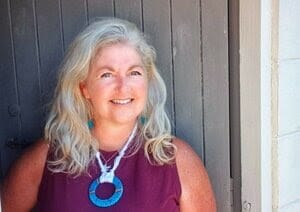
We worked with Sonia to support her digitisation. One priority improvement was to help Sonia with building a bespoke, enduring e-commerce solution that would interface seamlessly with her back office integrations, while providing a beautiful customer experience. TU Matahiko introduced Sonia to Magnum, an e-commerce service provider within the programme. After just one meeting with Magnum, Sonia had drastically changed her view of the purpose of her website.
Building the global presence of Sonia Therese Design remains a long-term ambition for Sonia, and TU Matahiko has been instrumental in helping her chart a pathway towards this, “TU Matahiko has given my business the chance to explore and adopt leading edge technology,” says Sonia. “I want to take the messages of my tīpuna into the global stage through my work. I now have the opportunity to do this – I finally have the confidence to share this authentically with the world.”
For more case studies, see here.
HTK work with a diverse range of Māori and indigenous businesses to drive growth and connections. Visit htkltd.co.nz or reach out to Riki at [email protected] to learn more.
HOW KEA CAN HELP YOUR BUSINESS GROW
Kea Connect
Kea Connect is a free service that will help your business grow offshore. We connect you personally with regional, sector-specific experts and peers.
Resources
Kea is here to help New Zealand businesses grow offshore. Be inspired and hear advice from businesses who have created their export path.
Jobs Portal
Looking for the right talent for your team? Reach our global Kiwi community through the Kea international job portal.

 MENU
MENU

